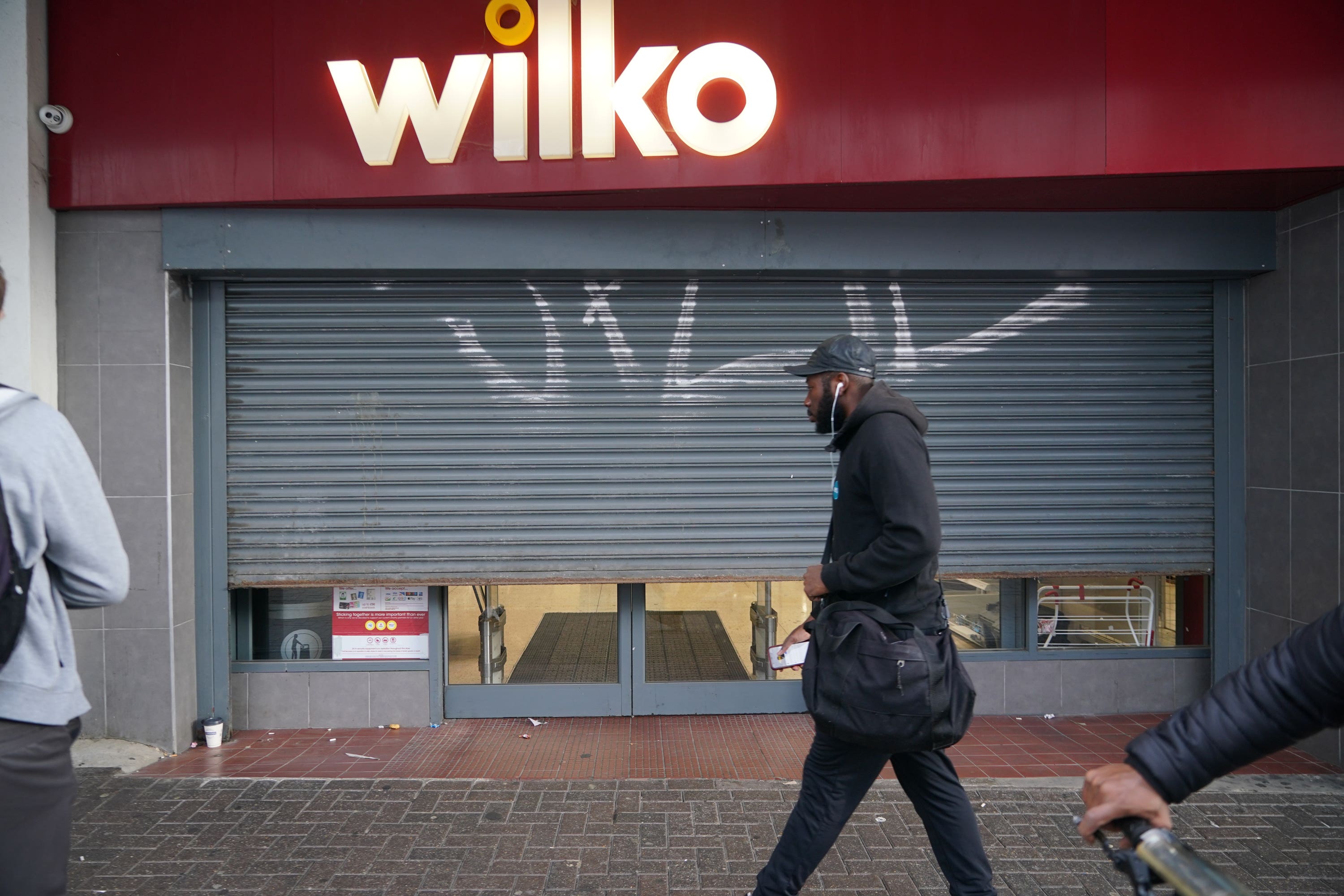Jump in business rate payments ‘will be final nail in coffin’ for many firms
It comes after the Office for National Statistics revealed on Wednesday that the UK saw inflation remain at 6.7% last month.

Your support helps us to tell the story
From reproductive rights to climate change to Big Tech, The Independent is on the ground when the story is developing. Whether it's investigating the financials of Elon Musk's pro-Trump PAC or producing our latest documentary, 'The A Word', which shines a light on the American women fighting for reproductive rights, we know how important it is to parse out the facts from the messaging.
At such a critical moment in US history, we need reporters on the ground. Your donation allows us to keep sending journalists to speak to both sides of the story.
The Independent is trusted by Americans across the entire political spectrum. And unlike many other quality news outlets, we choose not to lock Americans out of our reporting and analysis with paywalls. We believe quality journalism should be available to everyone, paid for by those who can afford it.
Your support makes all the difference.High street businesses will face a surge in their business rate payments next year following new inflation data, with industry chiefs warning it will “undoubtedly be the final nail in the coffin for many” firms.
It comes after the Office for National Statistics (ONS) revealed on Wednesday that the UK saw inflation remain at 6.7% last month.
The inflation reading is typically used to decide the increase in business rates – the property tax paid by businesses such as retailers, pubs and offices – for the following April.
The new figures therefore signals a £1.95 billion jump in these tax payments by businesses in England, according to real estate intelligence firm Altus Group. Property experts at Gerald Eve have predicted it will be closer to £1.7 billion.
It will mean particularly significant pressure on the retail and hospitality sectors, which have already come under pressure this year in the face of soaring costs and tighter consumer spending.
Last month, bosses from a raft of major retailers including Tesco, M&S and Ikea called on the Government to scrap the planned inflation-linked rise in next month’s autumn budget.
On Wednesday, the British Retail Consortium (BRC) said retailers are set to face a £470 million increase in their business rate bills in April 2024 due to the inflation figures.
Helen Dickinson, chief executive of the BRC, said: “This will inevitably put renewed pressure on consumer prices.
“As a result, retailers are publicly calling on the Chancellor to freeze the business rates multiplier, allowing them to keep driving down prices, and invest in new shops and jobs.”
Fellow industry group UKHospitality said businesses in the hospitality industry are set to see a £234 million rise, and could also see a further £630 million in rate costs due to the potential end of a current relief scheme for the sector.
Kate Nicholls, chief executive of the group, said the expected jump in tax bills paid by pubs, restaurants and hotels paints a “bleak picture”.
“Almost a billion pounds in extra costs from business rates alone is unfathomable – and insurmountable – for many,” she said.
“Such dramatic cost increases would undoubtedly be the final nail in the coffin for many businesses. It would be particularly perilous for small, independent businesses, for which ongoing relief measures are a lifeline at a challenging time.”
Experts have cautioned that customers are likely to face more price increases due to the tax rise.
Simon Green, head of rates at Gerald Eve, said: “If the Government were to introduce a 6.7% rise for every ratepayer, at a time when costs are already under enormous pressure, that risks causing further inflation as businesses will have no choice but to pass on the costs to customers.
“Clobbering high streets, retail parks, office blocks and logistics firms with these sky-high rises will also create a significant blow to the economic recovery that everyone wants to see.”
Alex Probyn, global president of property tax at Altus Group, said: “Our clients tell us that the business rates burden is a disincentive to invest and are already at an unsustainable level.”